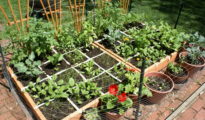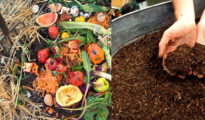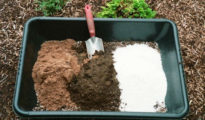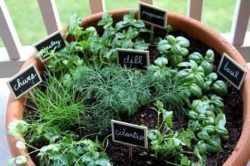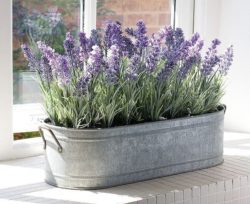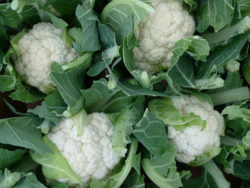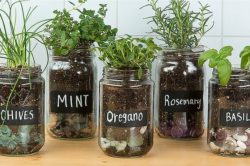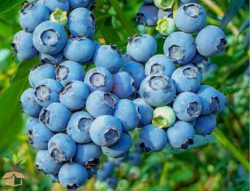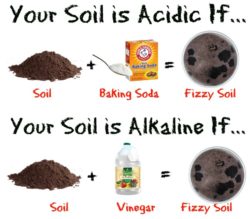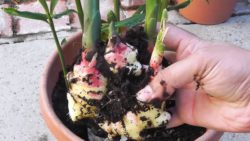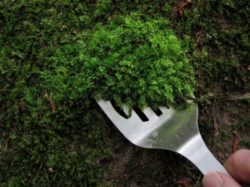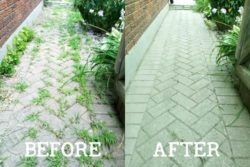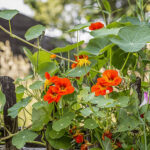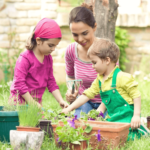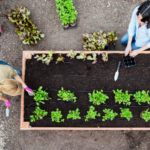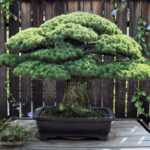Organic pest control methods are a safe and effective way to keep your garden free of harmful insects and other pests. These methods rely on natural means of repelling or eliminating pests, rather than harsh chemicals that can harm both your plants and the environment. In this post, we'll explore some of the most popular organic pest control methods and how you can use them to protect your garden.
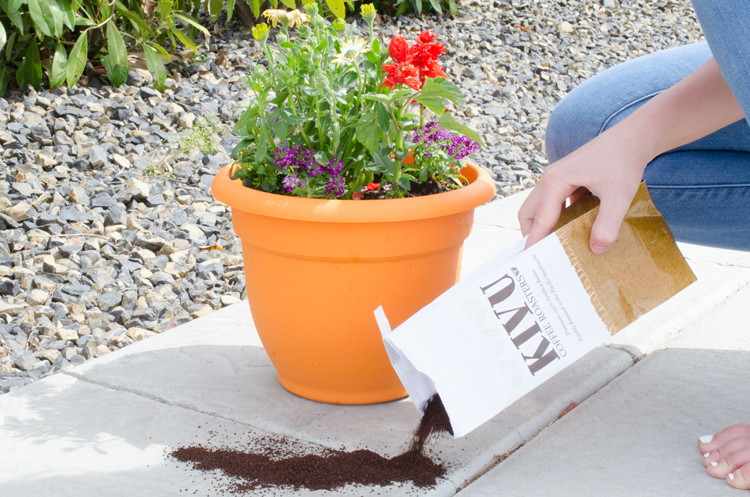
Companion Planting
One of the most effective ways to control pests in your garden is through companion planting. This method involves planting certain types of plants together that are known to repel or deter specific pests. For example, planting marigolds near your tomatoes can help to keep aphids away, while planting chrysanthemums near your roses can help to repel spider mites. Companion planting is a simple and natural way to protect your plants without the use of chemicals.
Beneficial Insects
Another popular organic pest control method is the use of beneficial insects. These are insects that feed on pests and can help to keep their populations in check. Ladybugs and lacewings are two examples of beneficial insects that can be used to control aphids and other small pests. You can attract these insects to your garden by planting flowers that they are attracted to, such as daisies and coreopsis.
Traps
Another natural pest control method is the use of traps. This method involves using sticky traps, pheromone traps, or other types of traps to capture and eliminate pests. Sticky traps can be used to capture flying insects such as whiteflies, while pheromone traps can be used to trap moths and other insects that are attracted to specific scents.
Organic Pesticides
Organic pesticides can also be used as a pest control method. These are made from natural ingredients, such as neem oil, garlic, or hot pepper, and can be effective against a wide range of pests. They are safe for use around children and pets, and are less harmful to the environment than chemical pesticides.
Natural Predators
Another effective organic pest control method is using natural predators. These can be birds, frogs, lizards, and other animals that feed on pests. You can encourage these predators to visit your garden by providing them with food and shelter. For example, if you have a pond or water feature, you can attract frogs and dragonflies which are known to eat a lot of pests.
Good Garden Hygiene
Finally, good garden hygiene is an essential aspect of organic pest control. This means regularly cleaning up debris and dead plant material, as well as keeping a close eye on your plants for signs of pests or disease. By staying on top of your garden maintenance, you can often prevent pest infestations before they even begin.
In conclusion, organic pest control methods are a safe and effective way to protect your garden from harmful insects and other pests. By using companion planting, beneficial insects, traps, organic pesticides, natural predators, and good garden hygiene, you can keep your garden healthy and thriving without the use of harsh chemicals. With a little bit of effort, you can create a beautiful and sustainable garden that is free of pests and safe for your family and the environment.


